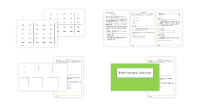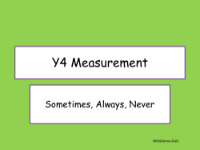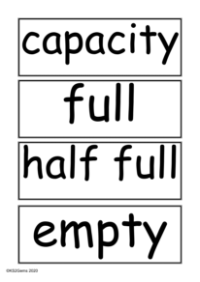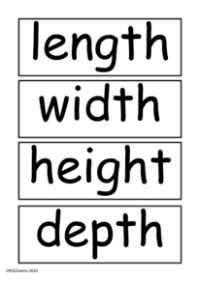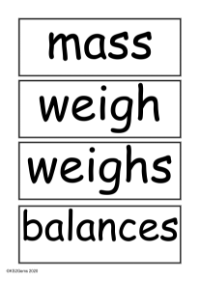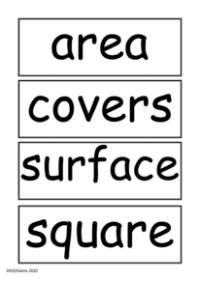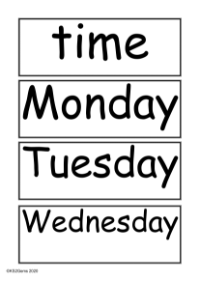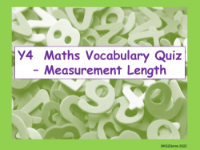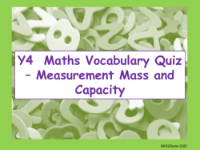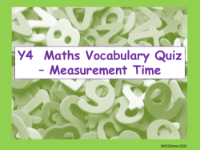Vocabulary - Measures: General
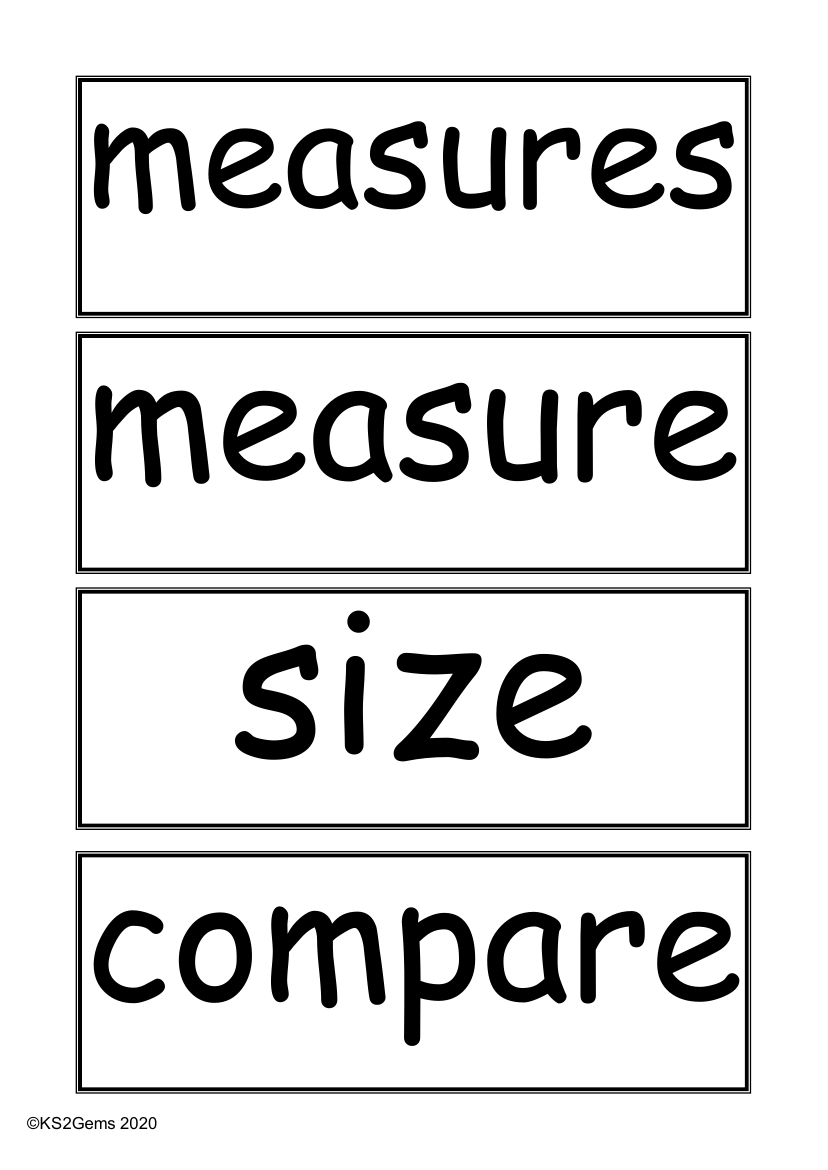
Maths Resource Description
In the realm of KS2 mathematics, vocabulary plays a pivotal role in understanding and communicating concepts related to measures and measurement. Key terms such as "measures," "measure," and "size" are foundational, enabling students to quantify and articulate the magnitude of objects or quantities. The act of comparing, or contrasting the sizes of two or more items, is also a crucial skill, often facilitated by these terms. Additionally, "measuring" refers to the process of determining the size or quantity of something, typically using units and tools appropriate to the dimension being measured.
The vocabulary extends to more nuanced terms such as "scale," "division," "guess," and "estimate," which introduce students to the concepts of proportion, mathematical operations, and making informed predictions when exact measures are not possible. Words like "enough," "not enough," "too much," and "too little" help in evaluating quantities in relation to a requirement or standard. Similarly, expressions such as "too many," "too few," "nearly," "roughly," "about," "close to," "about the same as," and "approximately" are invaluable when making comparative judgments or when precision is not necessary. For measurements that are slightly beyond or less than a certain point, the phrases "just over" and "just under" are used. Understanding these terms is further enhanced by knowledge of "measurement" and "unit," which are the fundamental components of quantifying dimensions. "Standard unit," "metric unit," and "imperial unit" refer to the different systems of measurement, while "scale" can pertain to both the device used for measuring or the ratio that represents the relationship between the representation of an object and the object itself. Lastly, "scaling" and "convert" are actions that involve changing measurements from one unit or scale to another, a skill that is essential for a wide range of practical and academic applications.

